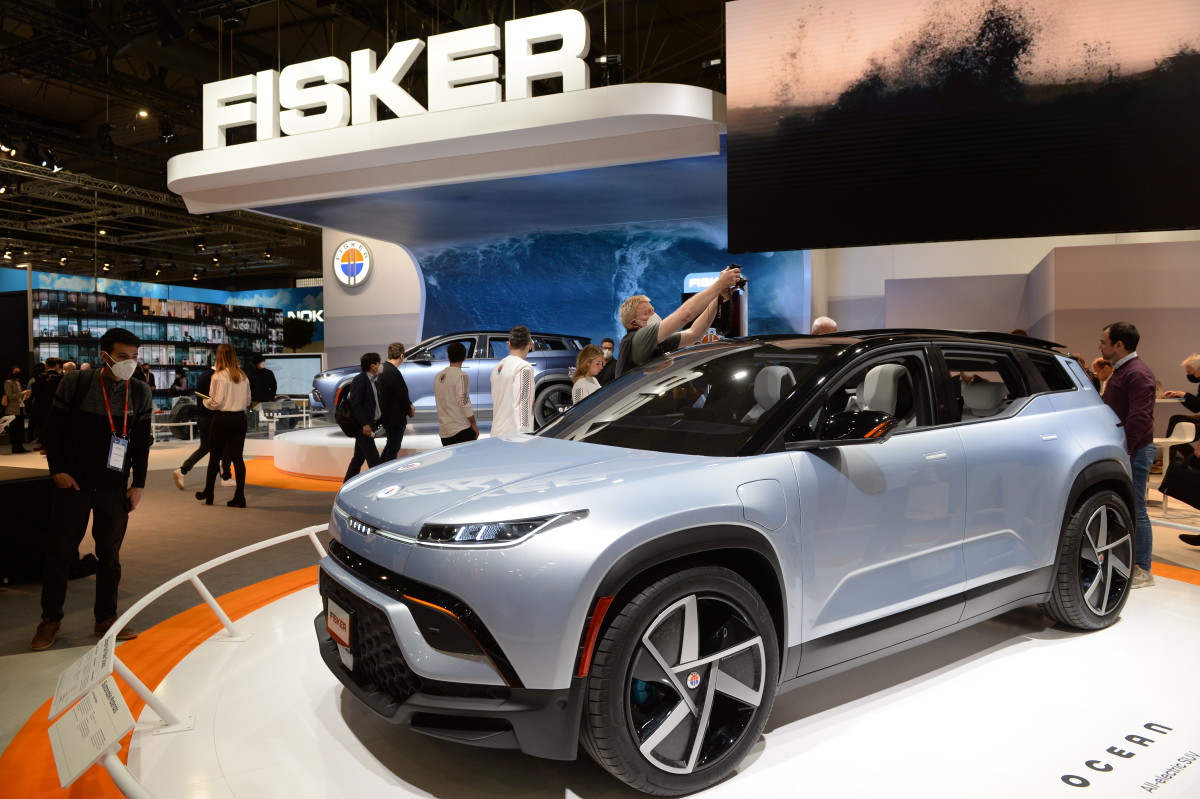
The electric vehicle industry is battling for a small piece of the automobile market pie as it recorded only about 1.2 million in EV purchases in the U.S. or 7.6% of all vehicle sales in 2023. The lion's share of those sales were completed by market leader Tesla (TSLA) , which sold 55% of all EVs bought in the U.S. last year, according to Kelley Blue Book.
All the other EV companies selling cars in the U.S. took a piece of the remaining 45% of the market. The small number of EVs sold by these companies are not making their EV programs profitable, forcing some of them to consider filing for bankruptcy.
Related: Popular gin and vodka company files for Chapter 11 bankruptcy
Lordstown, Ohio-based EV maker Lordstown Motors in July 2023 filed for Chapter 11 bankruptcy to restructure and sell its assets. The debtor won confirmation of its Chapter 11 plan on March 5 and was ready to emerge from bankruptcy.
More recently, an important EV infrastructure provider fell into bankruptcy when electric vehicle charging station manufacturer Charge Enterprises on March 7 filed for a prepackaged Chapter 11 bankruptcy in the U.S. Bankruptcy Court for the District of Delaware. Under the debtor's restructuring support agreement, Charge plans to hand 100% ownership of the company to prepetition lender Arena Investors.
The debtor was tinkering on the financial edge and faced extreme financial distress in November 2023 when it was unable to redeem about $9.9 million of its assets from investment adviser Korr Acquisitions Group because of an alleged breach of fiduciary duties.
EV manufacturer Fisker (FSR) is also facing financial distress based on a March 1 Securities and Exchange Commission Form 12b-25 filing. The company in the filing notified the SEC that it would file its 10-K annual report for the year ending Dec. 31, 2023, late, as it had a change in key accounting personnel and lacked the necessary amount of professionals with accounting knowledge, training and experience to complete the report. The 10-K report was due Feb. 29, 2024.

EV maker says its capital resources are weak
In its filing, the company said that it had identified material weaknesses in revenue and related balance sheet accounts and expects capital expenditures and working capital requirements to decrease in 2024 and beyond as it enters the second year of production of the Fisker Ocean.
The Manhattan Beach, Calif.-based EV company said that its business plan is highly dependent on a successful transition to its new Dealer Partner model in 2024. The company said that it will need to seek additional equity or debt financing, since its current capital resources are insufficient to fund the company for the next 12 months. It also said there is no assurance that it will be successful in seeking new financing.
Without sufficient financing, the company said it will be forced to reduce investment in product development, scale back its operations, and reduce worker headcount and production of the Fisker Ocean that could have an adverse impact on the company's business and financial prospects. The company expects to conclude and disclose in its annual report that there is substantial doubt about its ability to continue as a going concern.
Fisker hires bankruptcy consultants
That doubt has led the company to hire restructuring adviser FTI Consulting and bankruptcy law firm Davis Polk as consultants, the Wall Street Journal reported. Fisker shares declined by over 46% in after hours trading on March 13 to 17 cents per share following the report.
Fisker began deliveries of its Ocean SUV on June 23, 2023, for a retail price of $37,499. In August 2023, the company unveiled its four-door pickup Alaska, which is expected to be priced at $45,400 and begin production in the first quarter of 2025. Also last August, Fisker revealed details for its entry-level, all-electric Pear small crossover that is expected to be priced at $29,900 before incentives. Manufacturing and deliveries of the Pear are expected in July 2025.
Related: Veteran fund manager picks favorite stocks for 2024







